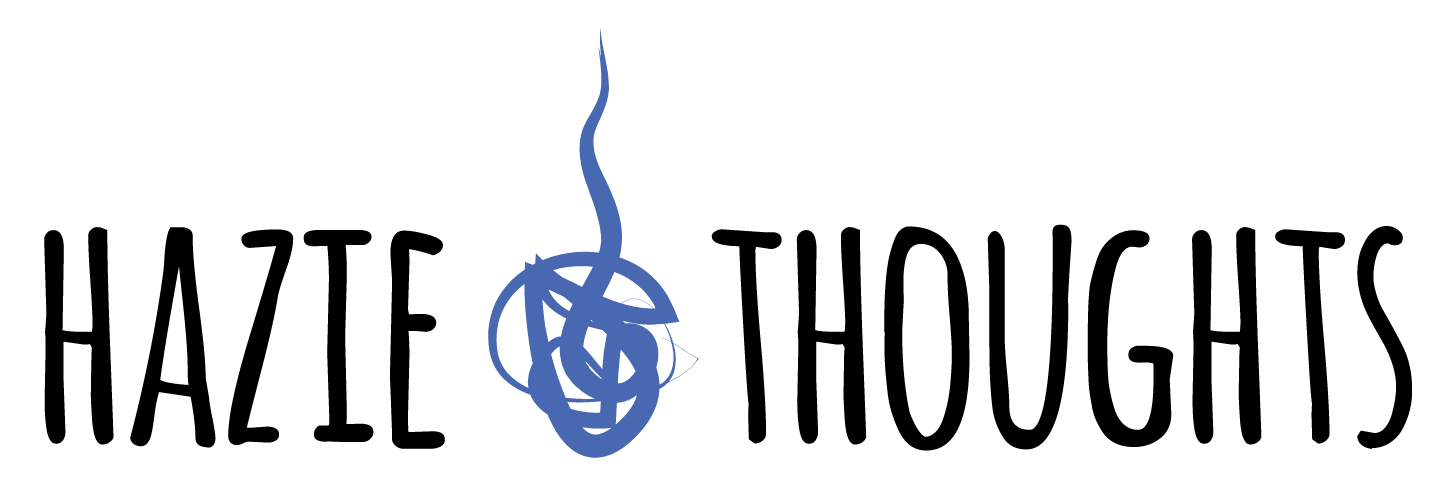Hazie Thought #4: Forever Black
I’m black and that’s that. Not kind of black, not part black, just black. Always been black, but weird enough until recently it never truly dawned on me.
My birthplace was nicknamed chocolate city well into the 2000s due to its majority black population, which slipped under 50 percent for the first time in 2011 after 50 plus years. A few miles away I grew up in Prince George’s County, historically one of the richest black counties in the nation.
According to census.gov in 2017 the median income in PG County was $20,000 higher than the rest of the nation with a black population estimated at 64 percent (United States black population: 13.4%)
Black has always been synonymous with majority and prosperity. Being black looked like so many shades and came in so many forms. Some of us were poor, others of us doing ok, and some of us really getting it. What was common between all - still black. That went for skin color as well. Some of our skin fair and golden like honey while others dark like African Blackwood, still black.
Even in our true differences like language, with tongues that originated in native lands then spread throughout the world after, still black.
Growing up here didn’t make me ignorant to the fact the world wasn’t just black it just made me comfortable seeing black as the default.
Then it happened the fall of 2010. I find myself on Temple University campus and no longer is blackness the default. If anything, “blackness” is competition with gender, economics, and at times blackness itself.
I guess for the first time I was acknowledging all parts of me at all times. My classes, living spaces and to an extent partying space was no longer about Charles as a student, but Charles the black student. I don’t think it was intentional but when you’re in a room of 25 plus people and at most four of you look the same, it’s bound to happen.
Social clubs were a great indicator of this as well. For example at one point I was a member of Temple’s black public relations society. Never thought anything of it, but there was also just a temple public relations society on campus. Black people were in that as well but there was something different about the interactions of both groups. In particular the black students who chose one over the other.
I graduated five years ago but every so often I wonder did I lose my ignorance a bit too early?
I personally grew up lucky when it came to blackness it could be whatever and represent whoever. Blackness was beautiful, smart, love. Even more important blackness was the default.
The saying goes, “ignorance is bliss.” While this is partially true, it’s also only a partial part of the quote. The full quote from Thomas Gray’s poem reads “where ignorance is bliss, ‘tis folly to be wise.”
Maybe staying in my bubble for a few more years after high school would’ve kept me more optimistic and less angered at the conditions of black people in this country but it wouldn’t have helped with the reality of what it means to be black in this life.
Reality being no matter what, still black and that’s that.
Forever Black

